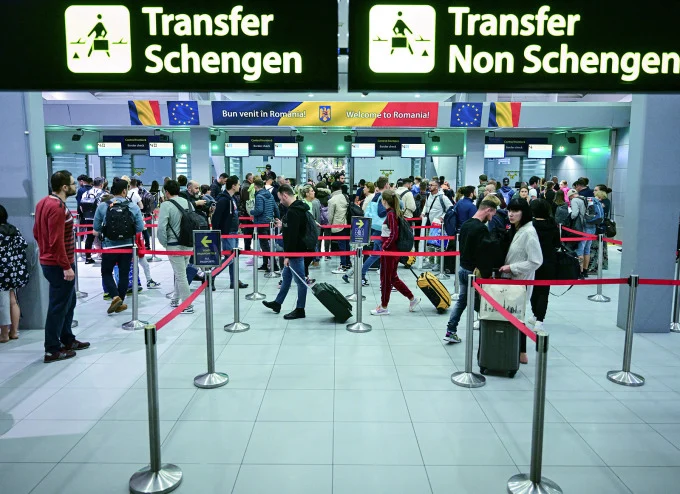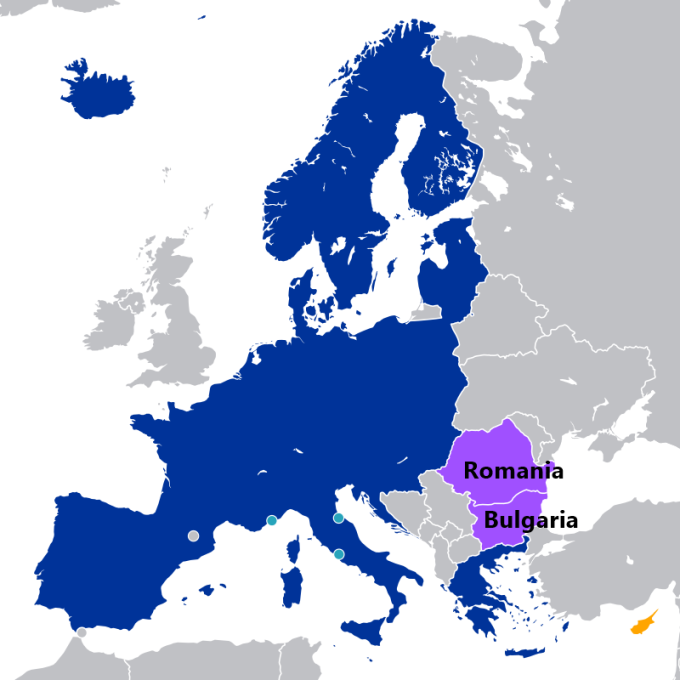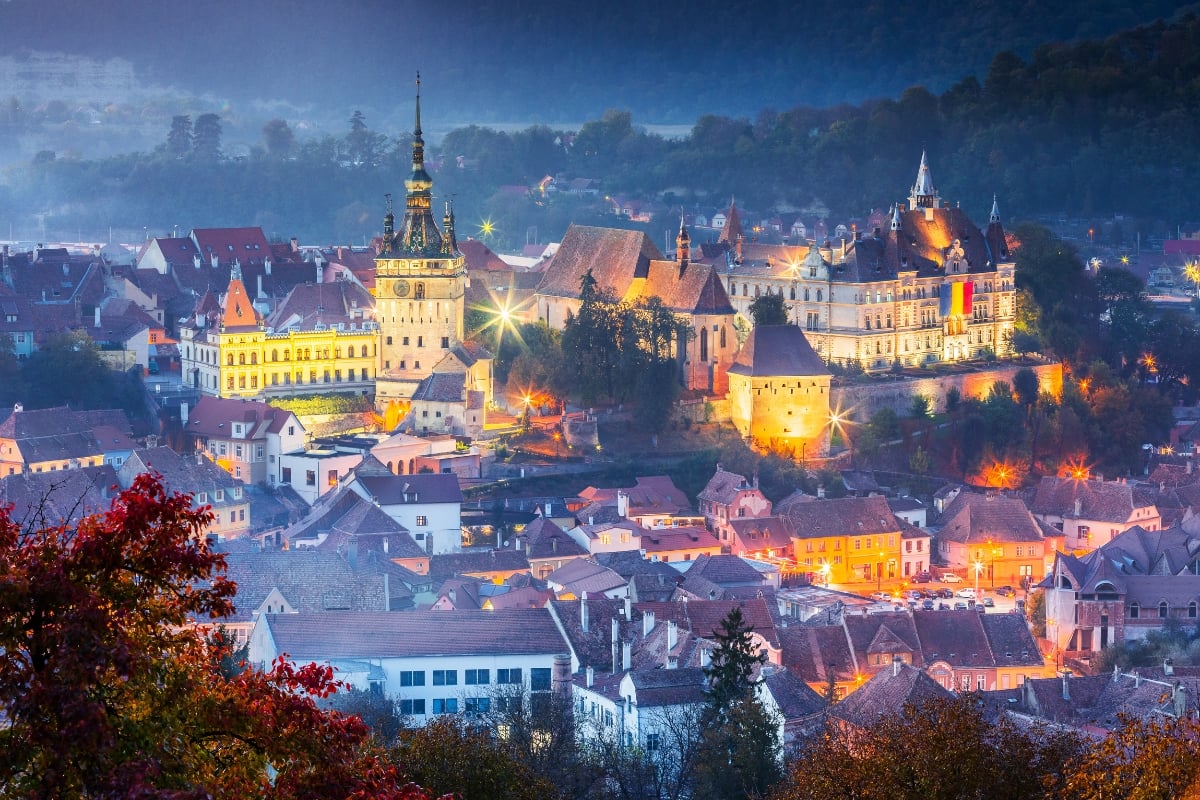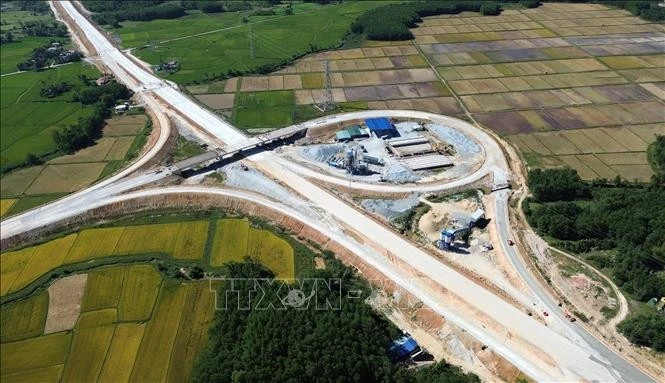Bulgaria and Romania have joined part of the Schengen free travel area with the removal of air and sea border controls, after a 13-year wait.
Since March 31, people can travel by sea or air between the two Eastern European countries and most of the rest of the European Union (EU) without having to go through visa and passport controls.
The Romanian government said the Schengen rules will apply to four seaports and 17 airports, including Otopeni airport near the capital Bucharest, which serves as the largest hub for Schengen flights. Resources, including border police and immigration officers, will be deployed to the airports to “assist passengers and detect those who want to leave Romania illegally”. Random checks will be carried out to detect people with false documents and combat human trafficking.
Bulgaria and Romania hope to be fully integrated into Schengen by the end of the year, but Austria has so far only made concessions on air and sea routes. Land routes in Bulgaria and Romania have not been included due to concerns that they would make it easier for migrants from outside the EU to enter other countries in the bloc.

Travelers walk next to newly installed signs marking Schengen and non-Schengen areas at Romania's largest airport, Henri Coanda, early on March 31. Photo: AFP
"This is a great success for both countries and a historic moment for Schengen, the world's largest free travel area. Together we will build a stronger, more united Europe for all our citizens," said EU chief Ursula von der Leyen.
Even though they are only partial members, admission to Schengen is a "major milestone" for Bulgaria and Romania, according to foreign policy analyst Stefan Popescu.
“Any Romanian who has to travel in a separate lane from other European citizens feels treated differently,” he said.
Ivan Petrov, a 35-year-old Bulgarian marketing executive living in France, said he was excited about making his commute less tiring and potentially saving time.
Established in 1985, the Schengen area allows more than 400 million people to travel freely without internal border controls. With the addition of Bulgaria and Romania, the Schengen area now includes 29 members, including 25 of the 27 EU member states, along with Switzerland, Norway, Iceland and Liechtenstein.
Bulgaria and Romania are the only two EU member states that do not enjoy full Schengen benefits. Croatia, which joined the EU after the two countries, was fully accepted into the Schengen area in January 2023.
"Our efforts to join Schengen at the land border are continuing in many diplomatic channels," Romanian Interior Minister Catalin Predoiu said.
Romanian truck drivers are urging the government to do this quickly to address the long queues they are facing. Romania’s main trucking union says the average wait time at the border with Hungary is 16 hours. Romanian trucking companies are losing billions of dollars each year due to long queues at the border.
Bulgarian businesses also expressed disappointment that the free movement rule has not been applied to roads, pointing out that “only 3% of Bulgaria’s goods are transported by air and sea, the remaining 97% by road”.

Location of Bulgaria and Romania in the Schengen area. Graphic: WEF
Huyen Le (According to AFP , DW )
Source link



![[Photo] "Beauties" participate in the parade rehearsal at Bien Hoa airport](https://vstatic.vietnam.vn/vietnam/resource/IMAGE/2025/4/11/155502af3384431e918de0e2e585d13a)

![[Photo] Looking back at the impressive moments of the Vietnamese rescue team in Myanmar](https://vstatic.vietnam.vn/vietnam/resource/IMAGE/2025/4/11/5623ca902a934e19b604c718265249d0)


























![[Photo] Summary of parade practice in preparation for the April 30th celebration](https://vstatic.vietnam.vn/vietnam/resource/IMAGE/2025/4/11/78cfee0f2cc045b387ff1a4362b5950f)




























































Comment (0)